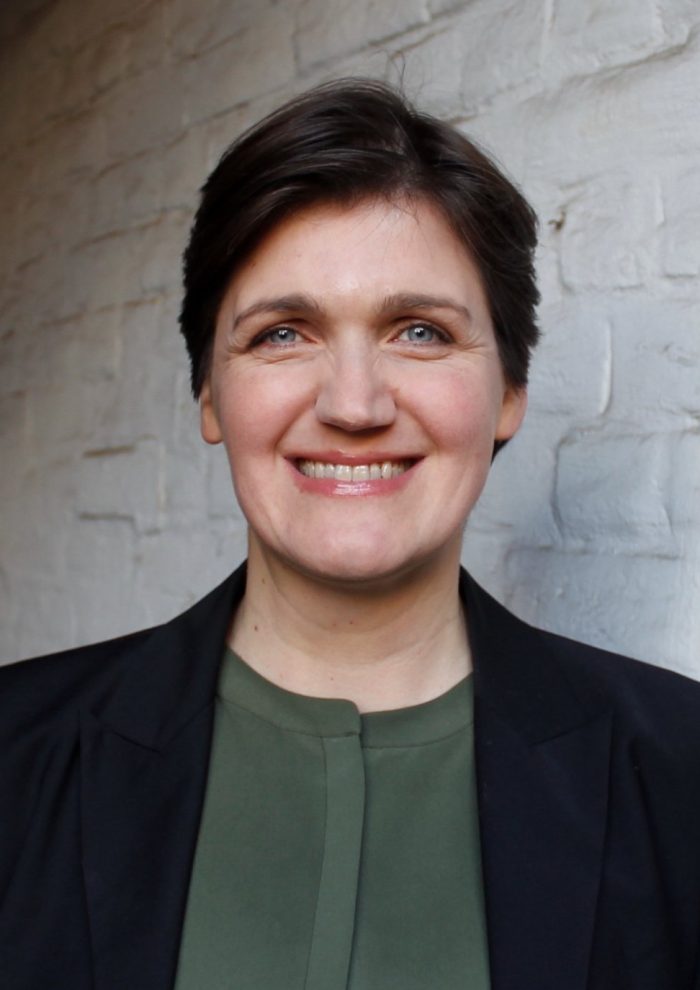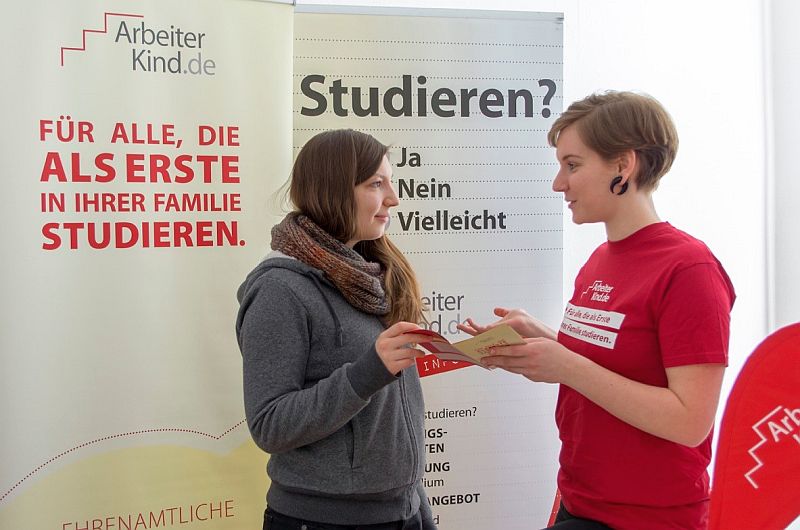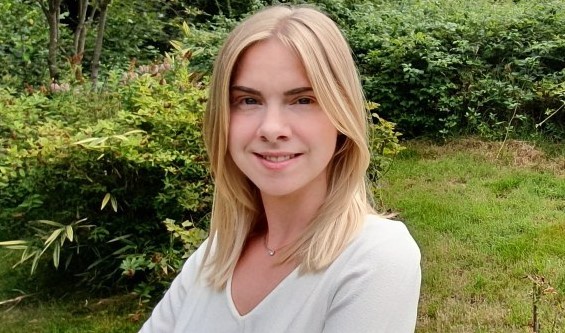“First-generation students,” or students who are the first in their immediate family to attend college, are often prioritized with special funding opportunities and celebrated as success stories in many countries. But in Germany, this term was only popularized when Katja Urbatsch founded ArbeiterKind.de, German for “working-class child.” This organization provides first-generation college students with all the resources necessary to pursue and thrive in higher education.
With humble origins in rural Germany, Katja recalled feeling lost and inadequate. Katja hails from a working-class family; she and her brother were the first in the family to attend university. Thankfully, she had professors and teaching assistants who, in her words, “encouraged me and taught me that I am better than I think.” But, as Katja climbed higher on the academic ladder during her PhD studies, the waves of self-doubt she conquered in university only seemed to intensify.
Realizing how many first-generation students share this struggle, Katja decided to fill the gaps of support hindering the success of these students by launching a website to centralize resources pertaining to funding, admissions, and other tools. To her surprise, the site struck a nerve in German society—suddenly, many Germans were approaching Katja saying, “You are telling my story, and I want to help you.”







An intriguing discussion is worth comment. I do think that you should write more on this topic, it might not be a taboo subject but typically folks dont discuss these issues. To the next! All the best!!
I would like to thank you for the efforts youve put in penning this site. I really hope to view the same high-grade content by you later on as well. In fact, your creative writing abilities has inspired me to get my own website now 😉